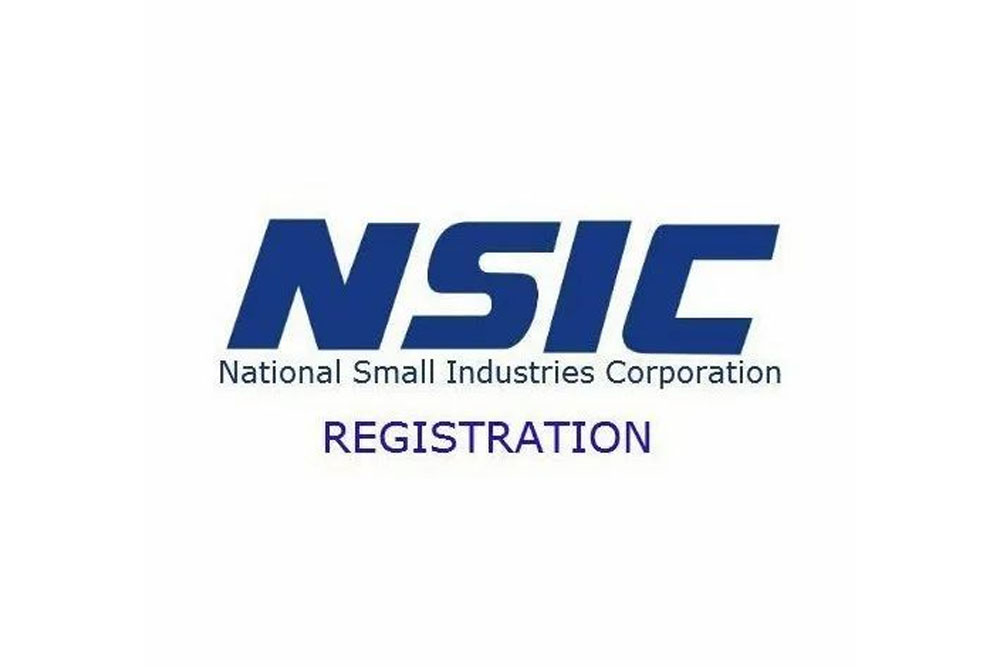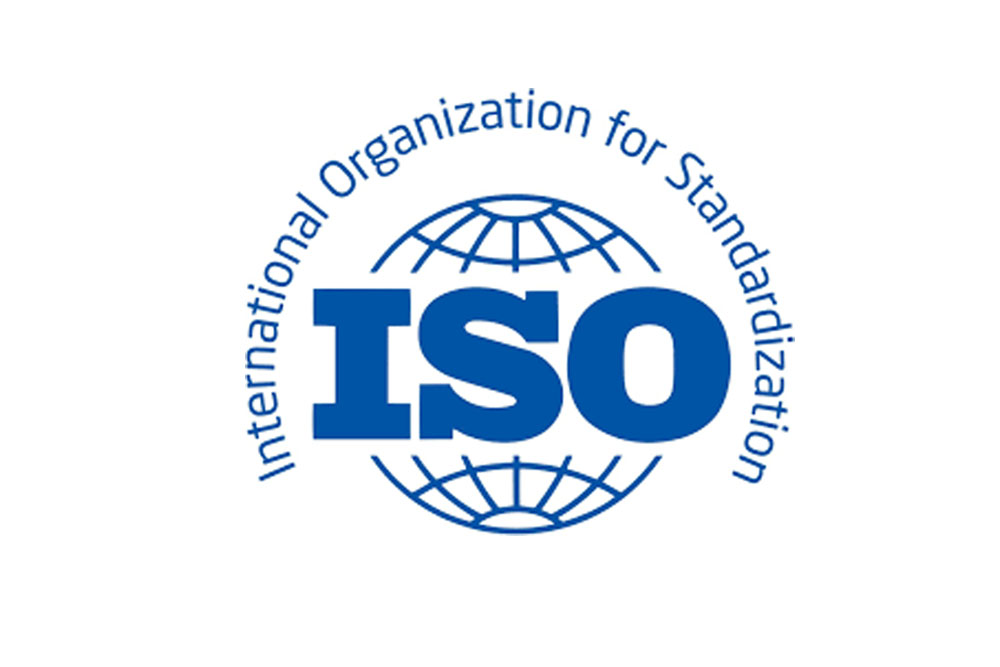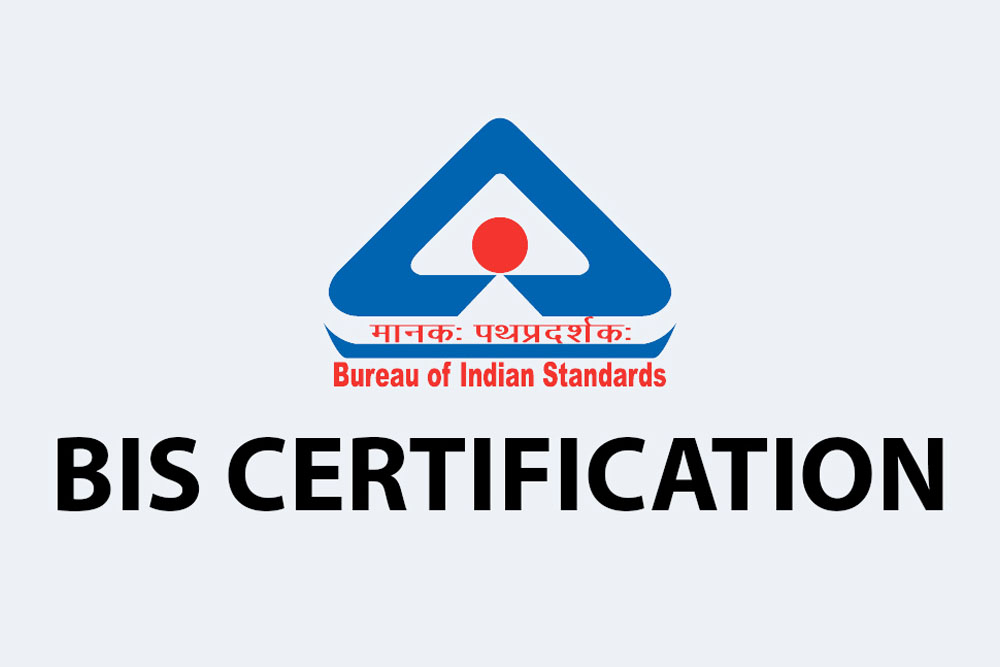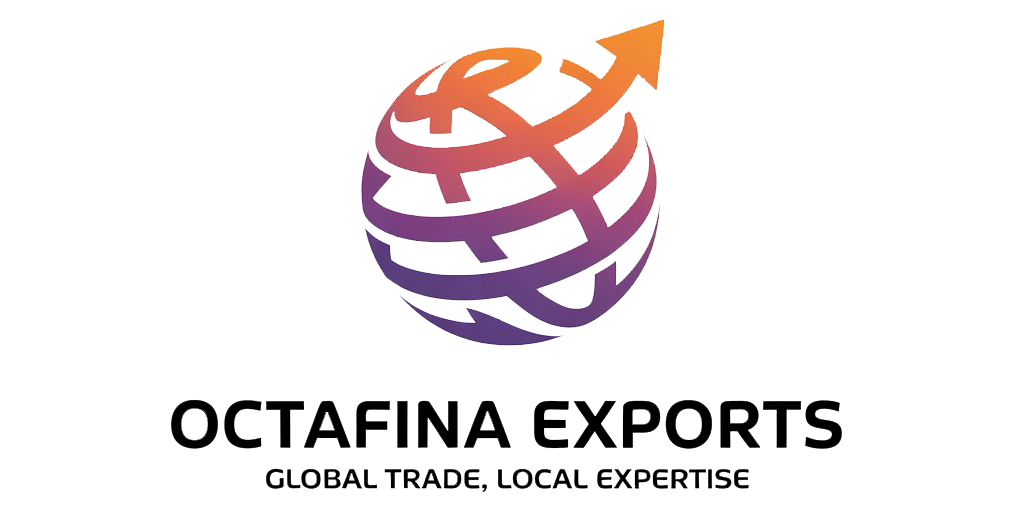6. NSIC REGISTRATION

NSIC Registration
NSIC (National Small Industries Corporation) is a Government of India enterprise under the Ministry of MSME, aimed at promoting, supporting, and facilitating the growth of small and medium enterprises, including exporters.
👉 Once registered under NSIC (with a valid Single Point Registration Scheme – SPRS), MSMEs gain access to various support systems that can boost export performance.
• NSIC registration increases your credibility with buyers, both domestic and international.
• It acts as a government-backed verification of your MSME/export business.
• Registered MSMEs under NSIC get:
o Exemption from EMD (Earnest Money Deposit)
o Tender fee waiver
o Direct participation in government/export tenders
• This helps exporters supplying to foreign governments or agencies via Indian tenders.
• NSIC-registered exporters can easily access:
o Market Development Assistance (MDA)
o Participation in international trade fairs
o Exhibitions, buyer-seller meets
• These reduce costs for international promotion and help in finding overseas buyers.
• NSIC assists in preparing documentation for availing:
o RoDTEP claims
o DGFT schemes
o Tenders for export supply to Indian embassies, defense, or multilateral agencies.
7. ISO CERTIFICATIONS

ISO Certification
ISO (International Organization for Standardization) certification is a globally recognized standard that certifies a company’s systems, processes, or products meet international quality, safety, and efficiency standards.
👉 For exporters, ISO certification is a powerful tool to:
• Win trust
• Meet buyer requirements
• Access new international markets
👉 Countries in the EU, US, UK, Gulf, and Africa often require ISO 9001 or related certifications for:
• Food
• Pharma
• Machinery
• Medical devices
👉 Without it, exporters may be barred from entry or face customs issues.
8. BIS CERTIFICATION

BIS Certification
BIS (Bureau of Indian Standards) is the national standards body of India under the Ministry of Consumer Affairs, Food & Public Distribution. It provides third-party certification to ensure quality, safety, and compliance of products.
👉 BIS certification is mandatory for some products in domestic sales and in exports, especially when:
• Exporting regulated products
• Supplying to countries that recognize BIS as a quality standard
• Foreign buyers request it to ensure Indian-origin product quality
• Some importing countries (especially in Africa, the Middle East, and SAARC nations) accept BIS certification as proof of product quality.
• Products like steel, electrical appliances, cement, chemicals, and electronics often require BIS.

